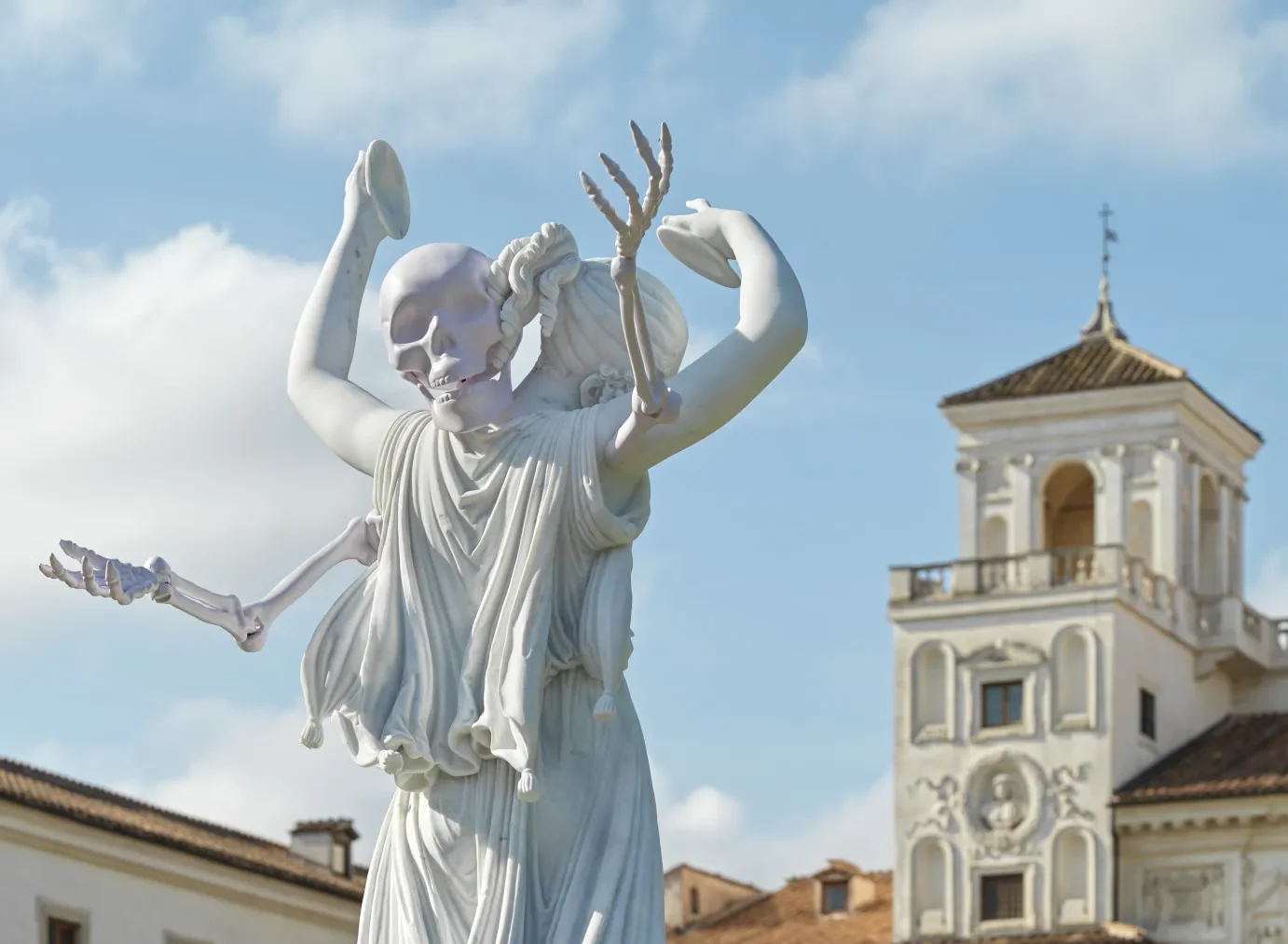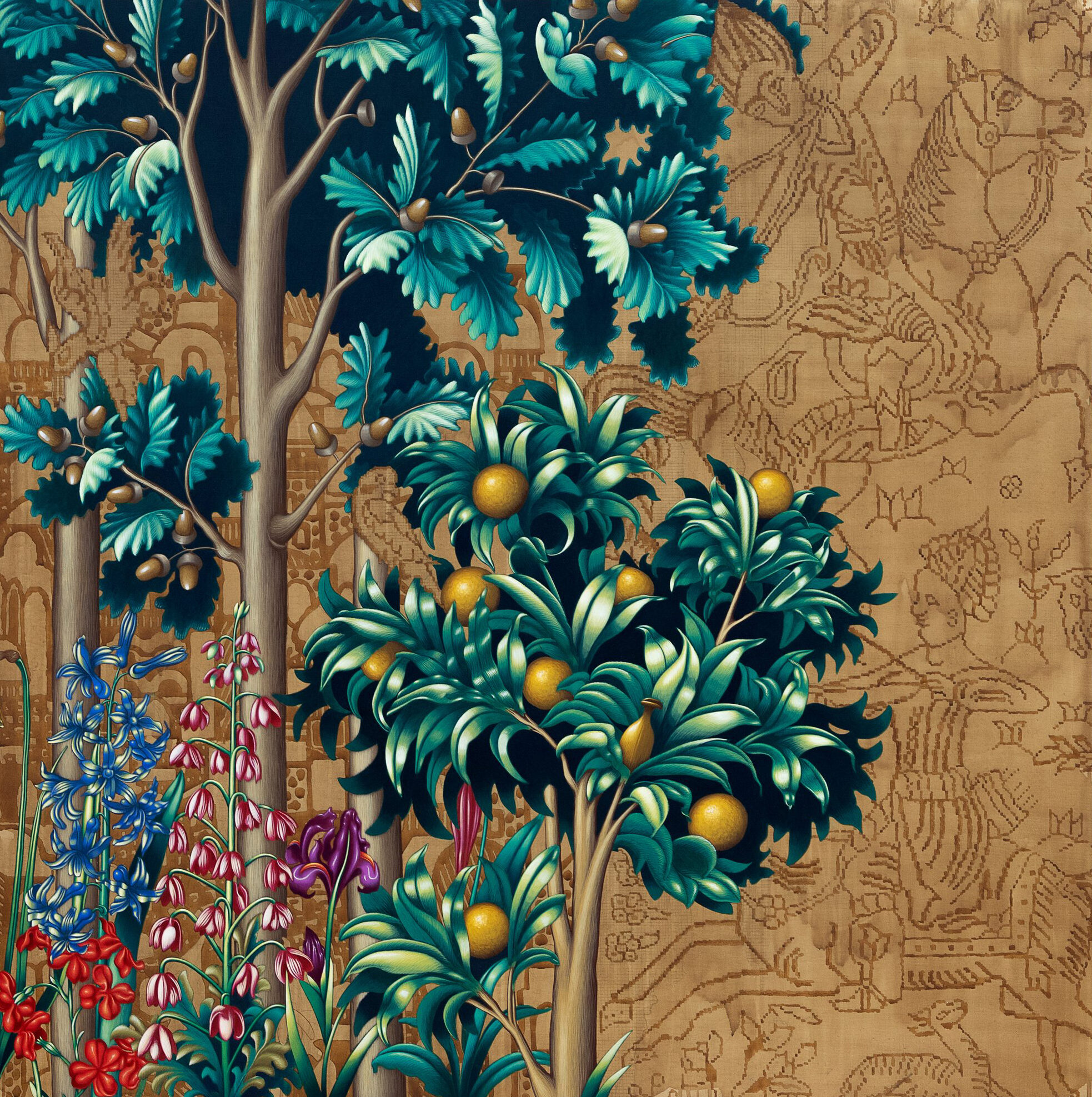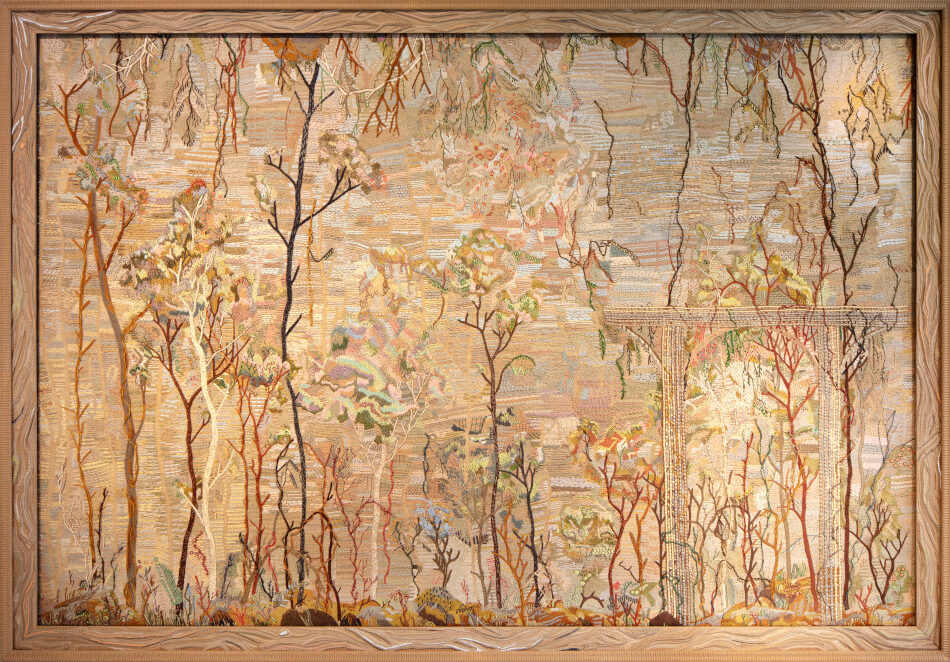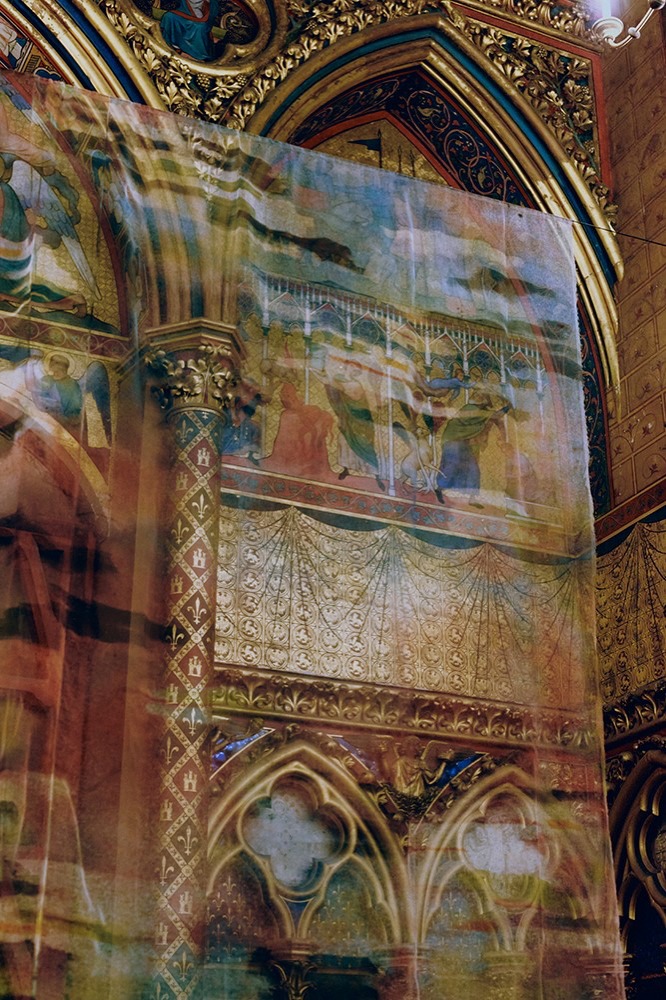Search
Motha
Museum of Transgender History and Art
18.02.2025
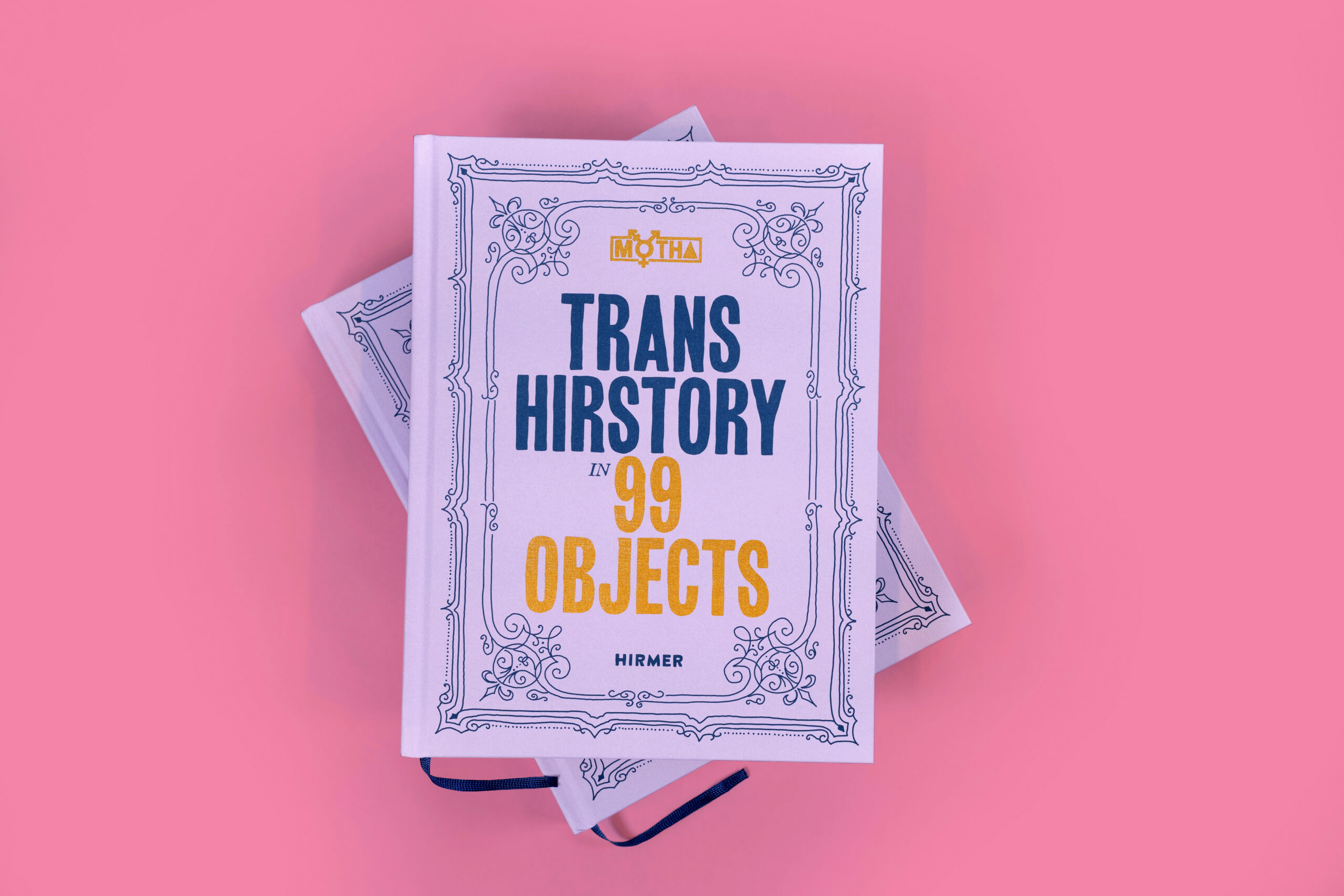
- Artists
- Sam Bourcier
- Mari Casalucci
- Chris E. Vargas
- Clovis Maillet
- Selby Wynn Schwartz
Feminists are tracing the lines of a herstory that has reversed the masculine pronoun that initiates history, which could not embrace Sappho of Lesbos (c. 630 – c. 570 BC), Virginia Woolf (1882-1941) and Romaine Brooks (1874-1970), swallowed up and then reemerging in advances and backlashes the feminism.
Trans and non-binary people are patiently writing their neutral hirstory, on banners, leaflets, archives exhibitions and hagiographic novels to reveal those who made art, war, worked and lived since Antiquity, echoing the memory of Marsha P. Johnson (1945-1992), Erauso (1592-1650) or Elagabale (204-222).
These other hirstories will be interwoven between the United States, Italy and France, with the presence of artist Chris E. Vargas, founder and self-proclaimed director of the Museum of Trans Hirstory and Art, sociologist Sam Bourcier, writer Selby Wynn Schwarz, activist Mari Casalucci, and artist historian Clovis Maillet.
Clovis Maillet
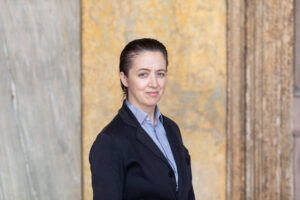
Clovis Maillet fellow 2024-2025 (1981, France) is a historian and artist. He has published La parenté hagiographique XIII-XVe s. (2014) and Les genres fluides (2020). He has edited several issues of scientific journals while conducting research on the uses of history in contemporary art (Witch TV, 2021; Un Moyen Âge émancipateur, with Thomas Golsenne, 2021). Clovis Maillet co-wrote the show Medieval Crack with the Foulles collective. With Louise Hervé, Clovis Maillet has created performances, installations and films.
Chris E. Vargas

Chris E. Vargas is a video maker and transdisciplinary artist. He earned his MFA from the Art Practice department at UC Berkeley in 2011. His work uses humor and performance to explore the complex ways that queer and trans people negotiate spaces for themselves within historical and institutional memory. He is the Executive Director of MOTHA, the Museum of Transgender Hirstory & Art, a critical and conceptual arts & hirstory institution highlighting the contributions of trans art to the cultural and political landscape. In 2016 he received a Creative Capital award in the Emerging Field category, in 2020, he was a John C. Guggenheim fellow, and he is a 2024/25 Latinx Art Fellow.
Sam Bourcier
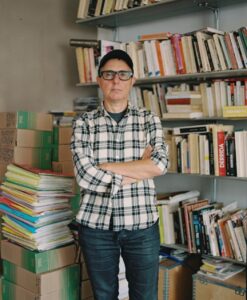
A member of the Institut Universitaire de France on an archival project, Sam Bourcier teaches queer studies in France and abroad. Founder of the first queer collective, Le Zoo, in 1996, he introduced queer and gender theory to France. He is the author of a trilogy on queer theories, cultures and politics(Queer Zones 1, 2 & 3), Comprendre le féminisme with Alice Moliner, and of Homo Inc.orporated. The triang le et la licorne qui pète. His next book, Le Pouls de l’archive, c’est en nous qu’il bat, will be published by Cambourakis in March.
Selby Wynn Schwartz

Selby Wynn Schwartz is the winner of the 2025 Joseph Brodsky Prize in Literature from the American Academy in Rome and a 2024 grant from the Centre culturel Dora Maar in Ménerbes. She is the author of After Sappho which was shortlisted for the Booker Prize and nominated for the Orwell Prize for Political Fiction, the James Tait Black Prize for Fiction and the Edmund White Award for First Fiction. Originally published by Galley Beggar Press in the UK, After Sappho has been translated into eleven languages, including After Sappho published by Gallimard in 2024. She has also written A life in Chameleons and The Bodies of Others: Drag Dances & Their Afterlives. She holds a doctorate in comparative literature from the University of California at Berkeley.
Mari Casalucci
Mari Casalucci is an activist and part⸱e of the Gender Self-Determination Lab. It is a working group within the GENDERerali States, a political space for reflection, dialogue, collective practices of resistance and public speaking of the LGBTQIAPKNB+ community.
They take an intersectional yet autonomous queer perspective, seeking to interweave our struggles with those of the trans-feminist, ecologist, anti-racist, anti-valid movements and everything else that moves in an antagonistic way in relation to this system.
Practical information
Tuesday, February 18
6 p.m.
Grand Salon de la Villa Médicis
Free: reservation required
Language: English
With the support of HEAD Genève HES-SO, the Centre Maurice Chalumeau en Sciences des sexualités (UNIGE), the Centre d’Archives LGBTQI+ (Paris), the American Academy in Rome, the Institut Universitaire de France and Almost Corner Bookshop.
